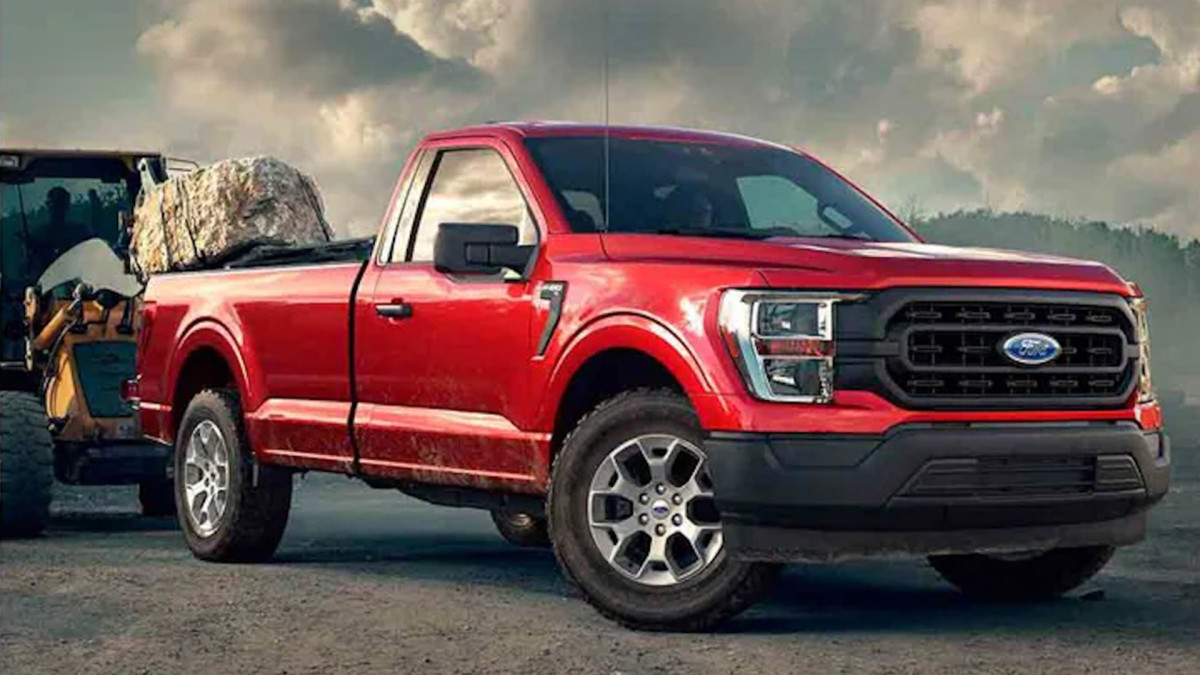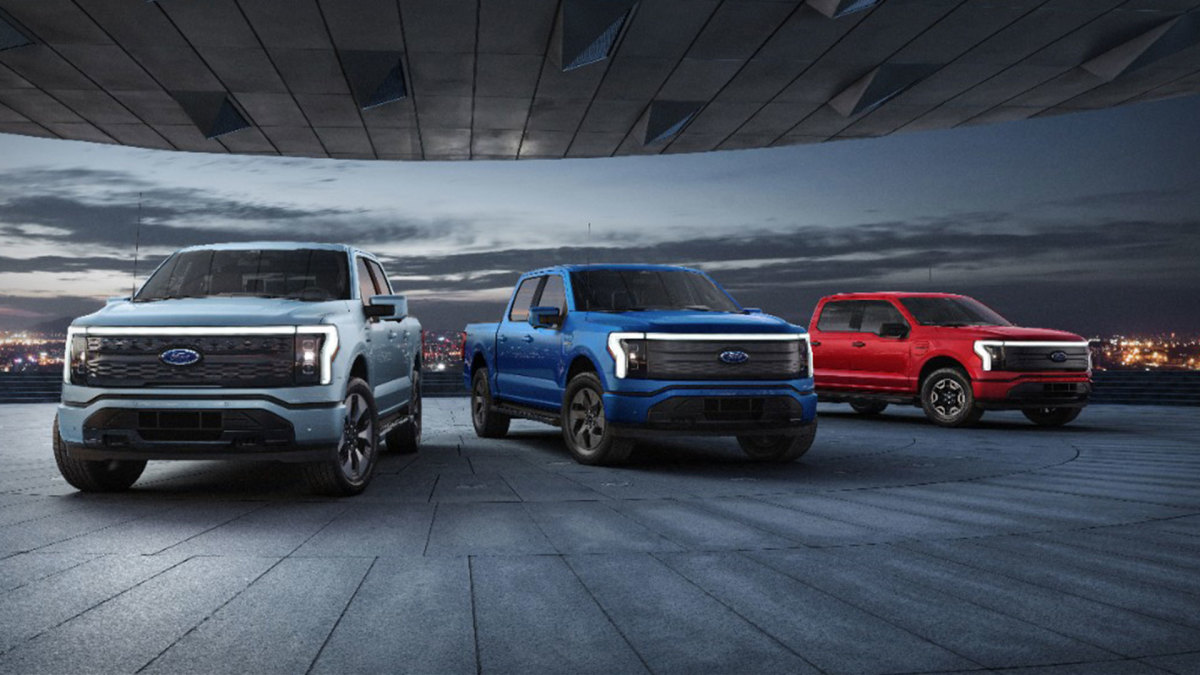
Enthusiasm in the automobile industry related to the ramp up of electric vehicle production and deliveries was growing over the last 10 years before a rise in inflation and interest rates in 2022 and 2023 contributed to a reduced demand for EVs.
As demand slowed, Tesla (TSLA) -) began slashing prices to the point where prices have been reduced by about 25% year-over-year. General Motors slashed prices for its vehicles in China to compete in the world's largest market.
Related: Tesla rival converts top-selling crossovers to electric vehicles
Ford (F) -) in July lowered the price of its signature EV truck the F-150 Lightning by 16%, or $9,980, to $59,974, and has since then reduced the price to $49,995, according to the company's website on Nov. 28. Ford's price reductions might be necessary to stay competitive as Tesla plans to begin delivering its new Cybertruck EV on Nov. 30. Ford's price adjustment and some other EV division measures come less than a year after its major ramp up of its EV program.
Ford in September 2022 unveiled plans to ask its network of nearly 3,000 dealers to invest either $500,000 for Model e Certified or $1.2 million for Model e Certified Elite certification to install upgrades to their dealerships and become EV certified.
Dealers who would invest in the Model e Certified Elite level of certification would need to spend $900,000 in upfront costs and receive fast chargers, limited stock and demo vehicles, ability to sell an unlimited amount of EVs and have a presence on Ford.com.
Model e Certified dealers would have fast chargers, no stock or demo vehicles, ability to sell up to 25 EVs a year, and have no presence on Ford.com.
Ford said the payments from the dealers would go toward training, back-of-the-house charging infrastructure, e-commerce upgrades, remote delivery and pickup options, and upgrades toward customers' digital experiences. About 90% of the money would go toward charging infrastructure.

Ford
Two-thirds of Ford dealers wanted to sell EVs
Dealers had until Oct. 31, 2022, to decide on certification. The good news at the time was almost two-thirds of dealers, or 1,920 out of about 3,000 dealerships, opted into the company's EV certification program and 1,659 of the dealers opted into the Elite level or 84% of dealers choosing to sell EVs.
Ford also provided its dealers the option not to invest in battery-powered vehicles and simply to continue selling only gasoline cars. General Motors (GM) -), however, did not give all its dealers a choice. GM, however, offered buyouts to Buick and Cadillac dealers who did not want to sell EVs.
A decision by Ford dealers not to sell EVs last year, however, does not prevent a dealer from changing its mind when Ford reopens discussions in 2027.
The first wave of Model e dealer exclusivity will start on Jan. 1, 2024, and run through Dec. 31, 2026. After that, a second window opens. Dealers saying no to EVs will then be able to catch up. It will be interesting to see what type of interest Ford dealers have in selling EVs, as dealer preferences have seemed to change.
Hundreds of Ford dealers drop out of EV program
Nearly 400 Ford dealers have sent a gift to Tesla and other EV makers by dropping out of the Dearborn, Mich., automaker's EV sales program over the past year, Automotive News reported. With about 1,520 dealers still in the EV program a little over 50% of Ford dealers are selling EVs.
Ford's answer to its exiting dealers was that it would reduce requirements under its EV program, which includes fewer expensive Level 2 chargers, an extended installation deadline and about a 50% lower cost for dealer training. Ford would also allow dealers to change levels in the program or opt out.
Ford in October said it was postponing $12 billion in planned EV investments, including construction of a new battery plant after softer EV demand led to the company's EV division losing $1.3 billion in the third quarter.
Get exclusive access to portfolio managers’ stock picks and proven investing strategies with Real Money Pro. Get started now.







